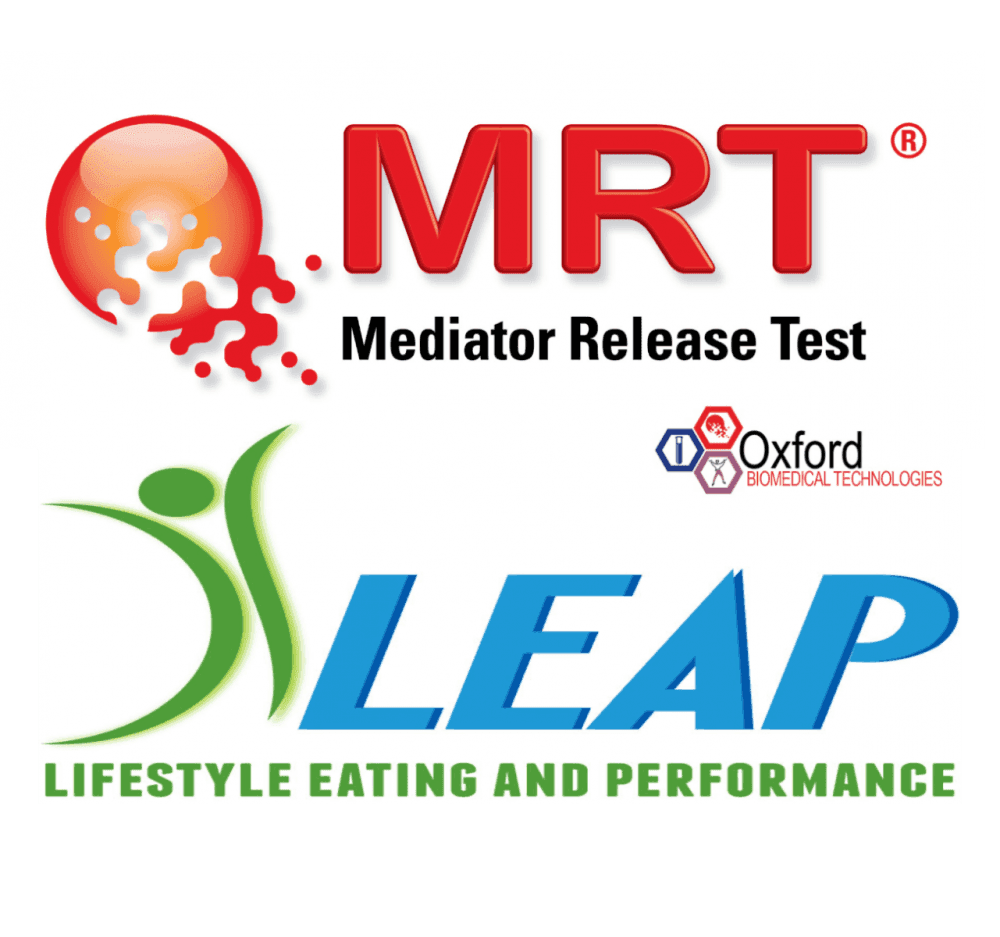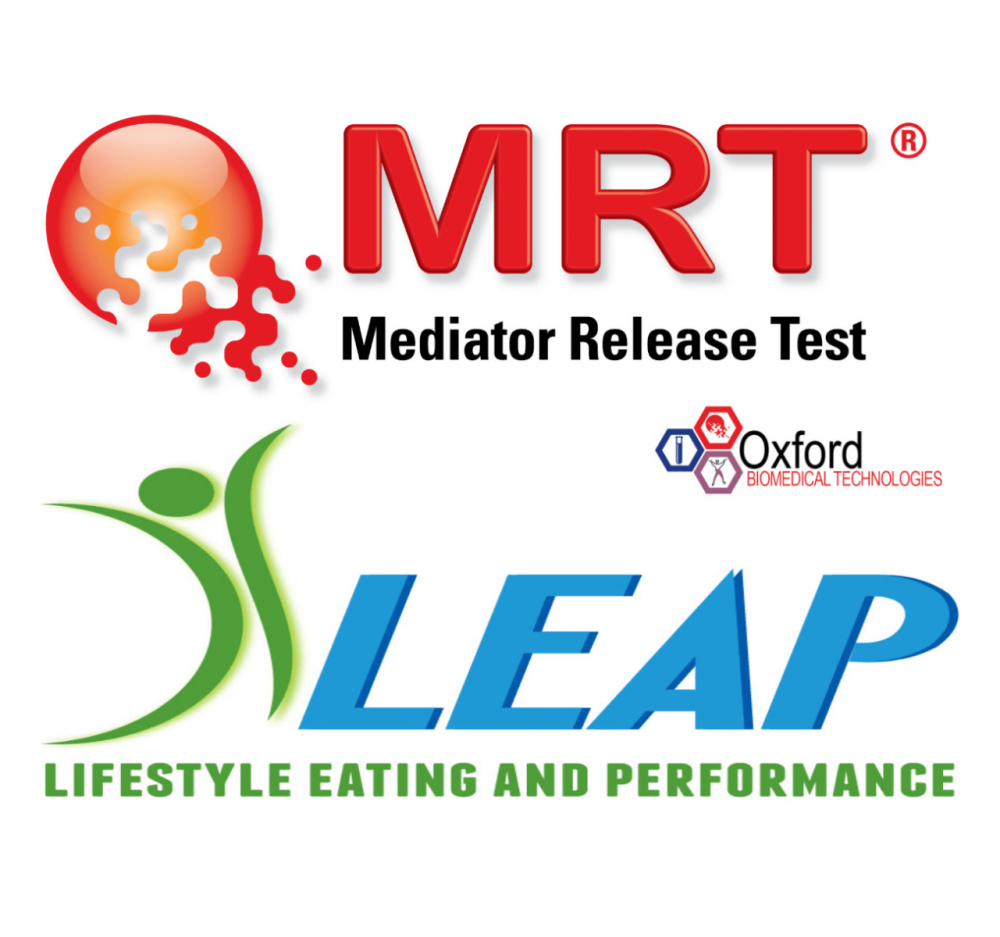
Know About Mrt Food Sensitivity Testing and Food Zoomer Test

If you experience symptoms like tiredness, headaches, bloating, joint pain, or skin rashes without a clear cause, you may be dealing with food sensitivity or intolerance. Unlike food allergies, which cause severe and immediate reactions to specific foods, food sensitivities cause delayed and milder reactions to certain foods that may not always be obvious. However, these sensitivities can lead to chronic inflammation, immune dysfunction, and other health problems if left unmanaged.
To identify and manage food sensitivities, there are various tests available, including the MRT Food Sensitivity Test and the Food Zoomer Test. These tests are designed to measure your immune response to different foods and identify which ones may trigger symptoms or inflammation.
MRT Food Sensitivity Test
The MRT Food Sensitivity Test is a blood test that evaluates your immune response to 170 foods and food chemicals. The test measures how your immune cells react when they encounter a food that triggers an immune response. The MRT Food Sensitivity Test categorizes foods into three categories: reactive, moderately reactive, and non-reactive.
The MRT Food Sensitivity Test claims to be more precise than other food sensitivity tests like IgG antibody tests because it measures not only the presence of antibodies but also the cellular response of the immune system. The test also provides a personalized nutrition plan based on your results, which includes a rotation diet and a list of safe and reactive foods.
Food Zoomer Test
The Food Zoomer Test is a blood test that measures your immune response to 180 foods, food components, and digestive markers. The test measures the level and type of antibodies in your blood against different foods and components, and categorizes them into four groups: negative, borderline, mild, and moderate to severe.
The Food Zoomer Test claims to be a comprehensive and sensitive test for food sensitivities because it measures not only the IgG and IgA antibodies but also the IgE, IgM, and complement-mediated antibodies, which may play a role in food sensitivities. The test also measures digestive markers, such as zonulin and secretory IgA, which reflect the integrity and function of the gut barrier and can be affected by food sensitivities.
The Food Zoomer Test provides a personalized report based on your results, which includes a list of reactive foods and a list of foods that support gut health. The list of reactive foods is color-coded and easy to understand, and can be further customized.
Benefits of Food Sensitivity test
1. Identify food triggers: A food sensitivity test can help identify specific foods or food components that may be causing your symptoms.
2. Improve symptoms: By identifying and eliminating trigger foods, you may experience relief from symptoms such as bloating, fatigue, headaches, and skin rashes.
3. Avoid unnecessary restrictions: A food sensitivity test can help you avoid unnecessary dietary restrictions and eliminate foods that don't actually trigger symptoms.
4. Personalized nutrition plan: A food sensitivity test can provide a personalized nutrition plan that includes safe foods and a rotation diet to help manage symptoms.
5. Improve gut health: By identifying and eliminating trigger foods, you may improve your gut health and reduce inflammation in the gut.
6. Better absorption of nutrients: Eliminating trigger foods can also help improve the absorption of nutrients from the foods you eat.
7. Reduce inflammation: Food sensitivities can cause chronic inflammation in the body, and identifying trigger foods can help reduce this inflammation.
8. Improve immune function: By eliminating trigger foods, you may improve your immune function and reduce the burden on your immune system.
9. Reduce risk of chronic diseases: Chronic inflammation and immune dysfunction can increase the risk of chronic diseases, so managing food sensitivities may help reduce this risk.
10. Improve overall quality of life: By identifying and managing food sensitivities, you may experience an overall improvement in your quality of life and well-being.
Both the MRT Food Sensitivity Test and the Food Zoomer Test can help you identify and manage your food sensitivities. However, it's essential to note that these tests should not be used to diagnose or treat any medical conditions. Instead, they should be used in conjunction with other diagnostic tools and under the guidance of a qualified healthcare professional.
Conclusion:
If you suspect that you may have food sensitivities or intolerances, it's best to seek advice from a qualified healthcare professional who can help you identify the underlying causes and develop a personalized plan to manage your symptoms and improve your overall health.
Read more: History of Cryptocurrency
Appreciate the creator